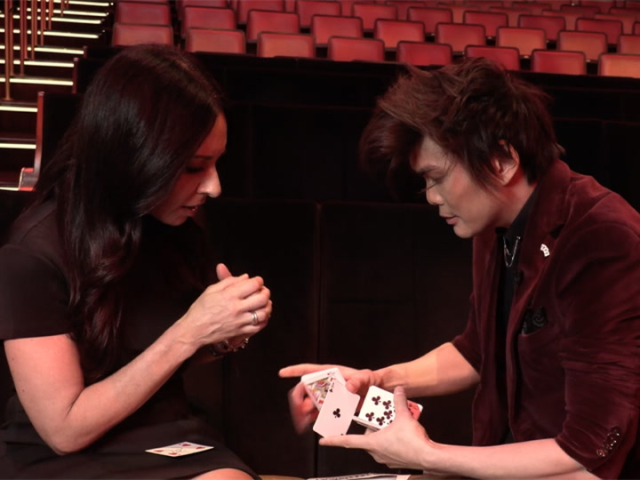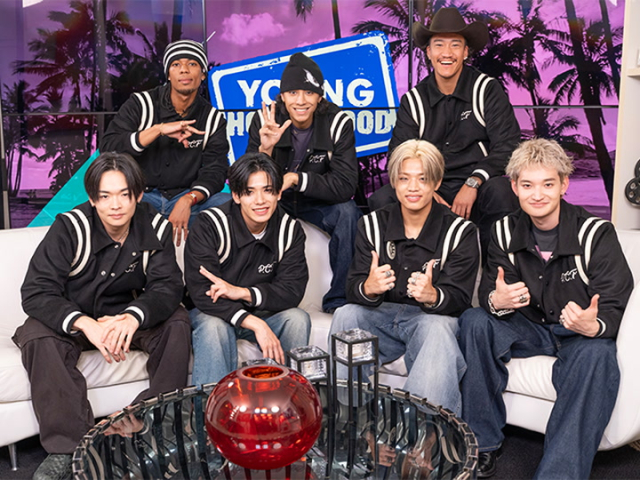How "The Last of Us" Broke the Video Game Adaptation Curse!
.jpg)
For many avid video game players, the act of adapting a game’s story to the screen has become almost notorious. Throughout recent years, film studios have struggled to truly capture the beauty of a game’s story while also providing die-hard fans with nods to the source material. Many of these past adaptations have proven unsuccessful, missing with audiences through lukewarm performances, meandering plots, and delayed release dates. Despite these adaptations ultimately failing at the box office, perhaps a delicate balance between story and fan service makes all the difference. Moving writing and attention to storytelling certainly proved effective in the HBO Max show "The Last of Us", with its tender and emotional tales ushering in both fans and newcomers to their couches every Sunday evening.
"The Last of Us" follows the adventures of Joel Miller (played by Pedro Pascal) and Ellie Williams (Bella Ramsey) and their reluctant relationship that slowly morphs into a sweet father-daughter connection in a foreboding dystopia. The surrounding world around the two is menacing yet occasionally lush as an undead pandemic ravaged the world 20 years prior. The show touches upon themes of escaping the past, facing vulnerability, and stolen innocence through its gripping story and unique characters. While there are plenty of high-octane action sequences involving the horrifying Infected, the series presents its primary mission to tug at the viewer’s heartstrings through both Ellie and Joel’s relationship as well as the stories of other survivors.
While fans of the game were drawn to the series from the first episode, viewer numbers began to skyrocket thanks to pitch-perfect performances and a mesmerizing plot. Soon enough, masses of fans were joined by newcomers that were eager to view the series after buzz surrounding a new “must-watch” series. While winning the hearts of many, the cast and crew of "The Last of Us" had to prove themselves not only to audiences but to eager game fanatics, desperate to see their favorite moments brought to life. Unsurprisingly, the show’s creative crew and cast delivered punch after emotional punch as each Sunday came and went, through not only the mesmerizing character work but also through the delicate balance between fan service and a poignant story.
While the list of people to thank for this incredible first season may begin for many with Pedro Pascal and Bella Ramsey for their titular roles, Neil Druckmann’s crafting of the original story and Craig Mazin’s adaptation of the source material take the top spot for many fans. Video game players may know Druckmann for his involvement with the first and second games inThe Last of Us saga, as well as his creative direction in the Playstation series Uncharted. Mazin has also proved himself as a showrunner and screenwriter to follow, through his involvement on the HBO Max miniseries "Chernobyl" (2019), a hit drama show that touched on corruption and survival. This joining of forces between the original game's creator and an acclaimed showrunner of a hit HBO Max show proved to be the perfect pair to tackle a touching tale surrounded by a dangerous wasteland.
Druckmann and Mazin’s creative collaboration shines through the series, showing their passion for the source material with each passing episode. The show’s writing and themes arch across the series, less focused on direct fan service and instead making choices that play to the development of the characters and serve the story first and foremost. This is most notable in the show’s third episode, “Long, Long Time”, and its stark differences from the game’s plot. The heartbreaking episode follows a warm romance between doomsday prepper Bill (Nick Offerman) and a wandering survivor by the name of Frank (Murray Bartlett). In the episode, the audience follows their relationship and how it is affected by the ravaged world around them. The themes in this episode revolve around sacrifice in the name of love and how love can endure, ultimately ending with Bill’s decision to follow Frank in committing suicide upon learning that he has a terminal illness. This contrasts the game’s storyline, in which Bill survives to aid Joel and Ellie long after Frank had passed. Such an emotional decision may divide some fans but ultimately adds to the series’ overarching themes and delivers such an emotional punch to the audience, it's no wonder why the episode “broke the Internet.”
Despite these changes, fans that are protective and emotionally connected to the original source material ofThe Last of Us were ultimately rewarded in some of the series’ most memorable moments. In some such cases, the emotional dialogue is ripped directly from the game’s heart-stopping cutscenes, allowing players to recite their favorite lines of dialogue along with the show. One scene in which both the dialogue and blocking are almost directly pasted from the game to the screen follows an emotional argument between Joel and Ellie regarding Joel’s deceased daughter in the episode: “Kin”. After Ellie explains that she knows of Sarah, Joel delivers the earth-shattering line that fans know so well: “You’re right. You’re not my daughter…and I sure as hell ain’t your dad.” Upon viewing this scene and various other hidden easter eggs throughout the series, it is safe to say fans’ worries were put at ease, as they were gifted with a special kind of fan service that fits snugly into the plot.
The show’s success and growing fanbase is extremely notable, as plans for a second season are already underway. Through its captivating performances and its pleasant surprises found in its tweaks to the source material, it seems that "The Last of Us" has broken the curse of video game adaptations. Something special was achieved in these 9 episodes, gathering viewers of all ages to witness a story told almost a decade ago across gaming consoles. The sheer reception of the series shows that not only do video game adaptations have a future in screen media, but also proves that video games can be considered as an art form.
The
season ends on a cliffhanger that players know too well, with a
promise made from Joel to Ellie that cements their strong
relationship and foreshadows the rocky road before them. While
players ofThe Last of Us Part II may know the
jist of what lies ahead, it is safe to say that plenty of fan
service and shocking surprises await all audiences in the coming
episodes.



